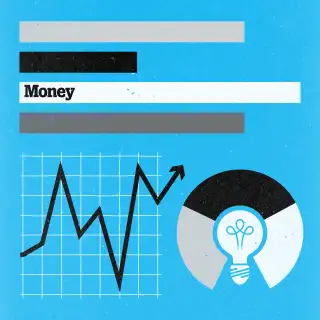Have Mutual Funds Lost a Key Advantage Over ETFs?

Q: ETFs seem to be taking the place of mutual funds, but my understanding is that mutual funds are still your best option if you want to reinvest dividends. Is that true? — Bill from Florence, S.C.
A: Once upon a time, there was some truth to this. But the popularity of dividend-focused exchange-traded funds has prompted most brokerages to tweak their policies to accommodate dividend reinvestors.
“From an investor standpoint the experience should be similar, though the process behind the scenes is different,” says Heather Pelant, a personal investor strategist with BlackRock, which manages mutual funds as well as ETFs via the firm's iShares division.
Before ETFs became widely adopted, some brokerages charged ETF investors a transaction cost for dividend reinvestments, says Pelant. Hence the notion that mutual funds are a better vehicle for reinvesting dividends. “These platforms have since come up with procedures and features that are parallel to mutual funds,” she says.
Today, most large brokerages give investors the option of depositing dividend payouts into their cash accounts or automatically reinvesting dividends back into the security – be it an individual stock, mutual fund, or ETF. You should be able to make this choice on a fund by fund basis, change your preference at any time, and reinvest your dividends for free.
Still, it’s always a good idea to double check your broker’s own policy, lest you get dinged with additional fees.
One way ETFs are different (slightly) from mutual funds is the timing of reinvestments. Mutual fund dividend payouts are reinvested at a fund’s net asset value on the ex-dividend date, which is essentially the cutoff date for new shareholders to collect that dividend.
ETF investors, on the other hand, have to wait for all transactions to settle, typically a few days, to repurchase shares. If share prices swing widely during that short window of time, it could make a difference — for better or for worse.
For most investors, however, this nuance matters far less than all the other factors that go into deciding whether to invest via an ETF or fund.
Meanwhile, dividend reinvesting is a great tool to stay fully invested and systematically buy additional shares over time, says Pelant. Over the long term, these payouts really can add up.
Of course, because different funds will have different payouts, automatically reinvesting dividends could eventually throw off your allocations — even more reason to make sure you periodically rebalance your portfolio.